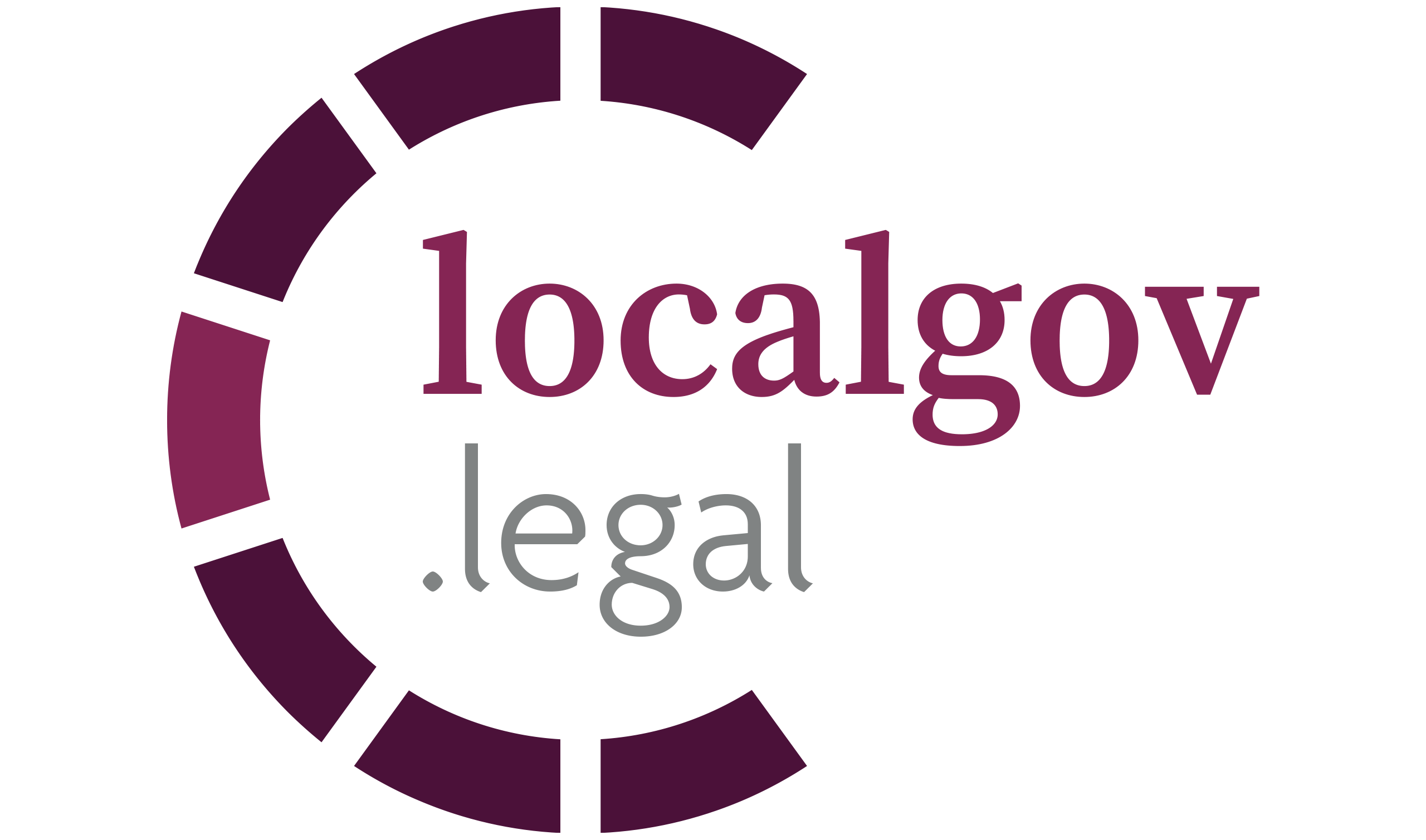Young people face higher health risks from alcohol consumption than older adults, according to new research.
The study, funded by the Bill and Melinda Gates Foundation and published in the Lancet, suggests that global alcohol consumption recommendations should be based on age and location, with the strictest guidelines targeted toward males aged 15-39, who are at the greatest risk of harmful alcohol consumption worldwide.
The research also suggests that adults aged 40 and older without underlying health conditions may see some benefits from small alcohol consumption (between one and two standard drinks per day), including a reduced risk in cardiovascular disease, stroke, and diabetes.
Based on estimated alcohol use in 204 countries, researchers calculated that 1.34 billion people consumed harmful amounts in 2020. In every region, the largest segment of the population drinking unsafe quantities were males aged 15-39. Drinking alcohol does not provide any health benefits for this age group and presents many health risks, with 60 percent of alcohol-related injuries occurring among people in this age group, including motor vehicle accidents, suicides, and homicides.
‘Our message is simple: young people should not drink, but older people may benefit from drinking small amounts,’ said senior author Dr Emmanuela Gakidou with the Institute for Health Metrics and Evaluation (IHME) at the University of Washington. ‘While it may not be realistic to think young adults will abstain from drinking, we do think it’s important to communicate the latest evidence so that everyone can make informed decisions about their health.’
The researchers looked at the risk of alcohol consumption on 22 health outcomes, including injuries, cardiovascular diseases, and cancers using 2020 Global Burden of Disease data for males and females aged 15-95 years and older between 1990 and 2020, in 204 countries and territories.
From this, the researchers were able to estimate the average daily intake of alcohol that minimises risk to a population. The study also estimates another critical quantity – how much alcohol a person can drink before taking on excess risk to their health compared to someone who does not drink any alcohol.
‘Even if a conservative approach is taken and the lowest level of safe consumption is used to set policy recommendations, this implies that the recommended level of alcohol consumption is still too high for younger populations. Our estimates, based on currently available evidence, support guidelines that differ by age and region,’ said lead author Dana Bryazka, researcher at the IHME.
















Leave a Reply